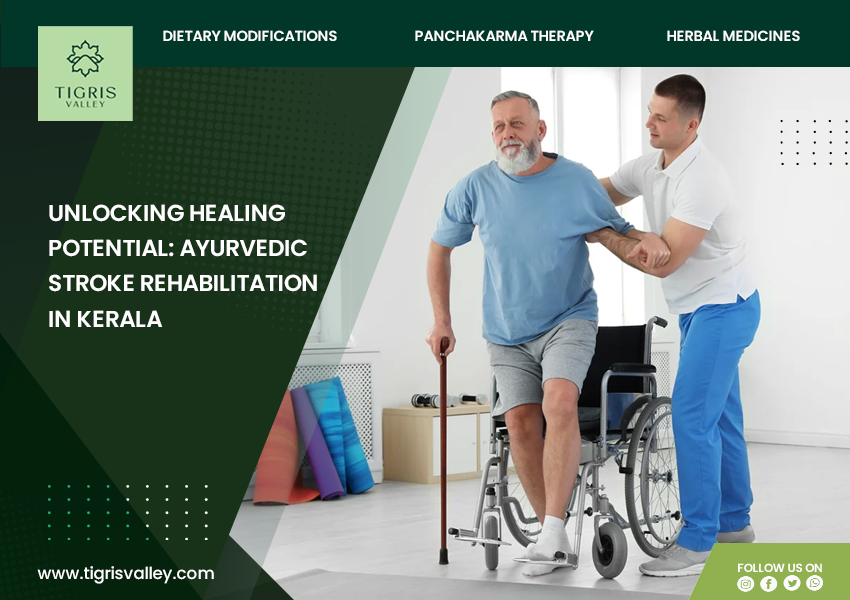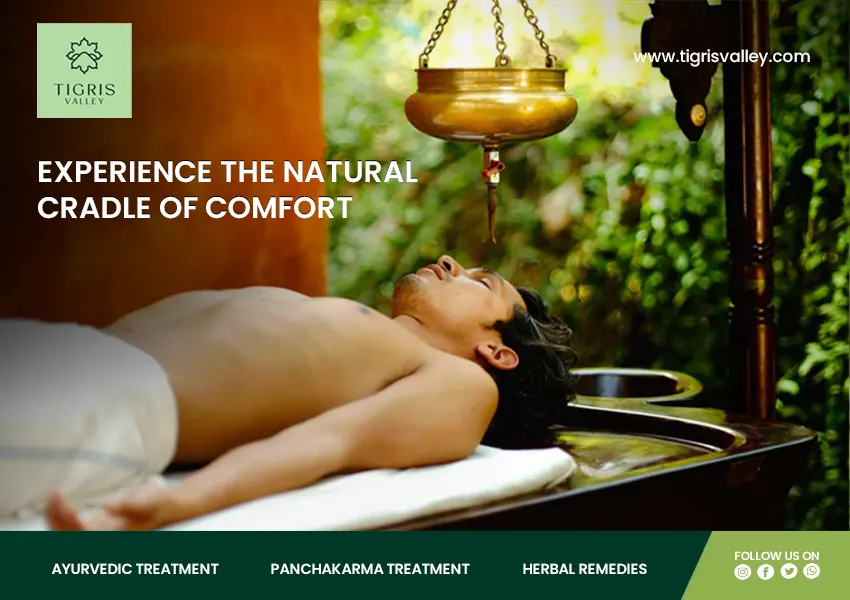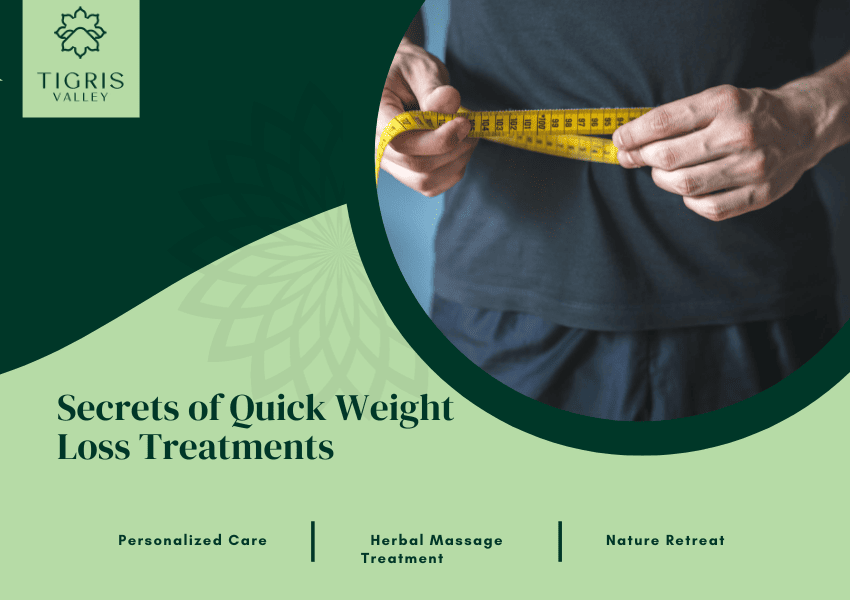
Unlocking Healing Potential: Ayurvedic Stroke Rehabilitation in Kerala
Tigris Valley, Renowned for its ancient healing tradition of Ayurveda, we offers a unique approach to stroke treatment in Kerala and rehabilitation, blending centuries-old wisdom with modern science to unlock…


















